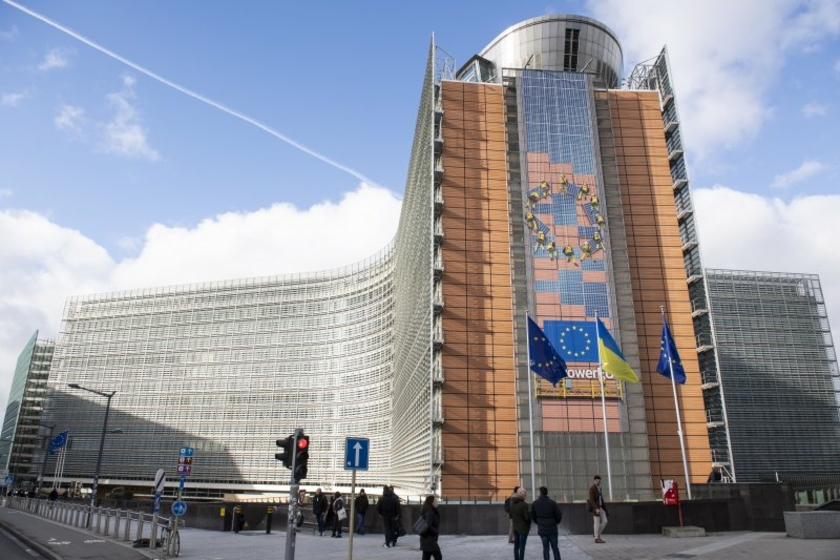13.03.24 – Status update: EU Ban on products made with forced labor
Fierce control and non-compliance mechanisms planned
March 6th: negotiators from EU Parliament and Council reached a provisional agreement on new rules that ban products made with forced labor from the EU market. The new regulation would create a framework for enforcing this ban, including through investigations, new IT solutions and cooperation with other authorities and countries.

Brussels, March 6, 2024: Negotiators from EU Parliament and Council reached a provisional agreement on new rules that ban products made with forced labor from the EU market. © Photo: Lukasz Kobus

Brussels, March 6, 2024: Negotiators from EU Parliament and Council reached a provisional agreement on new rules that ban products made with forced labor from the EU market. © Photo: Lukasz Kobus

“Forced labor has been a reality for too long, and it remains a reality for too many. There were an estimated 27,6 million people affected by it in 2021, mostly in the private sector, but also victims of so-called state-sponsored forced labor”, EU-Parliament member Maria-Manuel Leitão-Marques. © European Union 2019 - Source : EP
